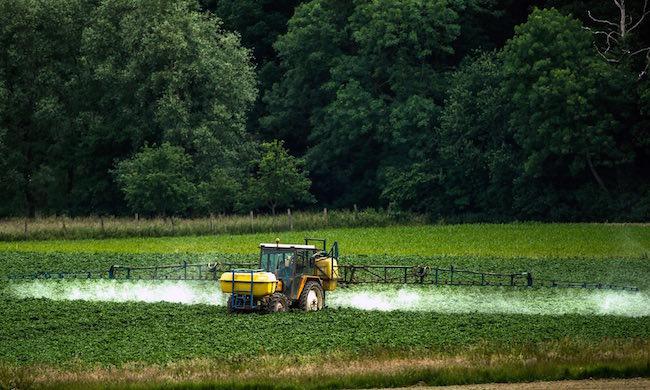
As reported by U.S. Right to Know last May, court documents showed that a domestic policy advisor at the White House said, ‘We have Monsanto’s back on pesticides regulation.’
In a new and unsettling report from the Center for Biological Diversity, we now have confirmation that this promise is being kept.
The study, called Toxic Hangover: How the EPA Is Approving New Products With Dangerous Pesticides It Committed to Phasing Out, found that the EPA approved 1,190 pesticide products and denied only 71 in the 2017-2018 time period, giving it a 94% approval percentage.
And for the products that were denied, they were rejected largely because of procedural issues, such as minimum study or packaging requirements having not been met, rather than toxicity concerns.
The approved pesticide products include:
– 15 new products containing neurotoxic carbamates or organophosphates, including chlorpyrifos (Banned in Europe and a few U.S. states)
– 17 new products containing the endocrine disruptor atrazine (Banned in Europe)
– 6 new products containing paraquat, which is so lethal that one spoonful can kill a full-grown adult (Banned in 32 countries, including those in Europe)
– 4 new products containing the extremely dangerous airborne fumigants methyl bromide or chloropicrin (Slated for a global phase-out)
– 91 new restricted-use pesticides, which are so dangerous that they can only be applied by a professional
– 69 new products containing an ingredient the EPA recognizes as a “known” or “likely” carcinogen.
So, how is the EPA justifying all of these approvals?
By claiming that it is replacing and phasing out older, presumably more dangerous pesticide ingredients. However, the Center for Biological Diversity states that the agency has approved many more products with these older ingredients than products with the newer ingredients that were supposed to replace them.
“The EPA has been approving the worst of the worst, and the culture at the agency is very deferential to the pesticide industry. They don’t want to rock the boat,” said Nathan Donley, PhD, Senior Scientist and lead author of this report.
Even for consumers who eat 100% organic, they are not immune to the super-toxic pesticides being sprayed on non-organic food.
These chemicals contaminate our soil and water, sicken farmworkers, and can drift onto organic farms and make their way into the organic food supply. After all, there is a reason that USDA certified organic brands have been increasingly seeking out 3rd-party, glyphosate-free certifications, such as Glyphosate Residue Free.
Unfortunately, Congressional efforts to curb the EPA’s rampant approval of pesticides have made very little headway, which gives organic stakeholders just another reason to be concerned.
